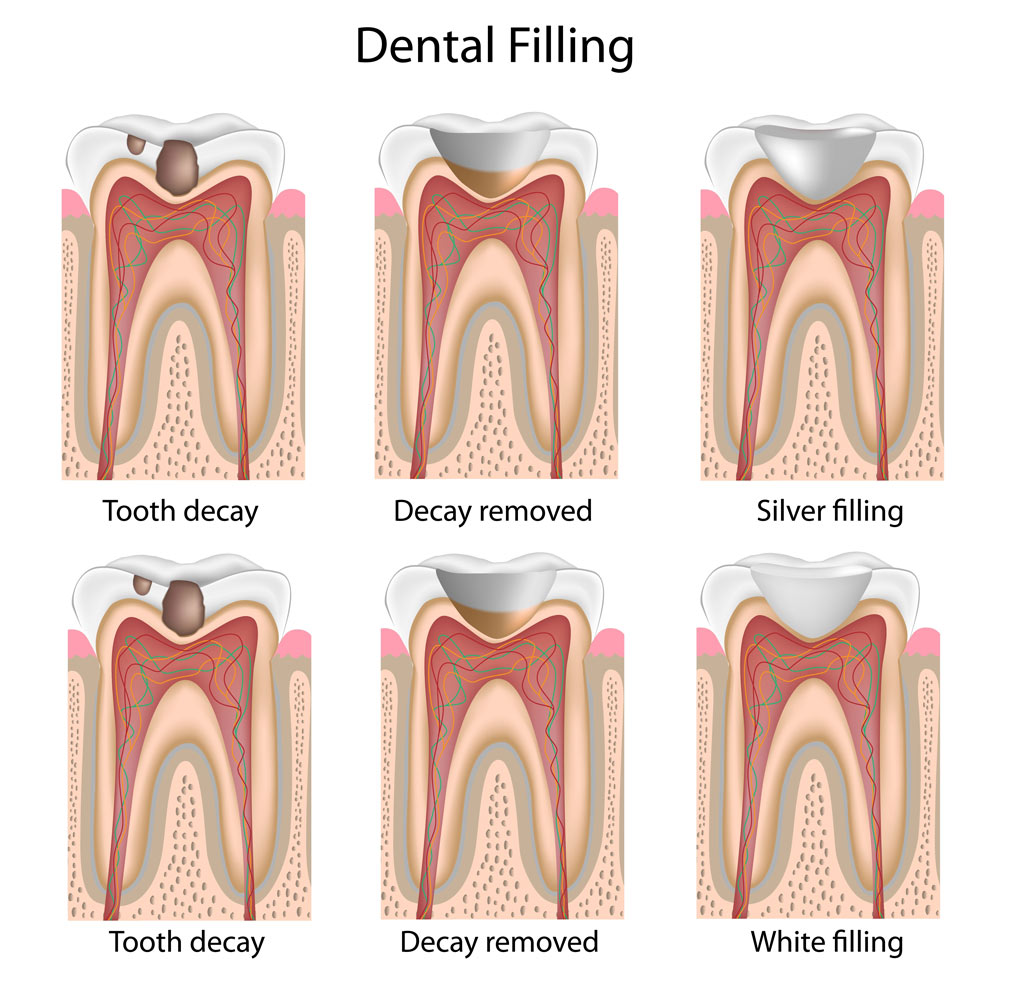Introduction
Baby teeth, also known as primary teeth, play a crucial role in a child’s oral health and development. They help with proper chewing, speech development, and guide the permanent teeth into their correct positions. However, just like adult teeth, baby teeth are susceptible to cavities. In this article, we will explore the causes, prevention, and treatment options for cavities in baby teeth.
Understanding Cavities in Baby Teeth
Cavities, also known as dental caries, are areas of decay on the tooth’s surface. They occur when bacteria in the mouth produce acids that attack the tooth enamel. Baby teeth are particularly vulnerable to cavities due to their thinner enamel and the fact that they are in the mouth for a shorter period compared to permanent teeth.
Causes of Cavities in Baby Teeth
Several factors contribute to the development of cavities in baby teeth:
Poor Oral Hygiene
Insufficient brushing and flossing can lead to the buildup of plaque, a sticky film of bacteria, on the teeth. Plaque produces acids that erode the tooth enamel, leading to cavities.
Frequent Bottle or Breastfeeding
When a baby falls asleep with a bottle or while breastfeeding, the milk or juice can pool around the teeth, providing a breeding ground for bacteria. This can lead to the development of cavities, commonly known as “”baby bottle tooth decay.””
High Sugar Diet
Consuming sugary foods and drinks, such as candies, sodas, and juices, increases the risk of cavities. The bacteria in the mouth feed on sugar and produce acids that attack the teeth.
Preventing Cavities in Baby Teeth
Prevention is key when it comes to maintaining good oral health in children. Here are some preventive measures to reduce the risk of cavities in baby teeth:
Establish a Dental Care Routine
Start cleaning your baby’s mouth even before the first tooth erupts. Use a soft, damp cloth or a toothbrush designed for infants to gently clean the gums.
Summary

Pediatric dentistry focuses on the oral health of infants, children, and adolescents. Cavities, also known as dental caries, are a common dental problem in children. They occur when bacteria in the mouth produce acids that erode the tooth enamel. If left untreated, cavities can lead to pain, infection, and even affect the growth of permanent teeth. Therefore, it is crucial to address cavities in baby teeth promptly.
Preventive measures such as regular dental check-ups, proper oral hygiene practices, and a balanced diet can significantly reduce the risk of cavities. Dentists may also recommend dental sealants, which are thin protective coatings applied to the chewing surfaces of molars to prevent decay.
If a cavity does develop, various treatment options are available. These include dental fillings, which involve removing the decayed portion of the tooth and filling it with a suitable material, such as composite resin or amalgam. In more severe cases, a pediatric dentist may perform a pulpotomy or pulpectomy, which involve removing the infected pulp from the tooth’s center and restoring it with a dental crown.
By addressing cavities in baby teeth promptly and following preventive measures, parents can ensure their child’s oral health and set the foundation for a lifetime of healthy smiles.
- Q: What causes cavities in baby teeth?
- A: Cavities in baby teeth are primarily caused by bacteria in the mouth. When these bacteria interact with sugars from food and drinks, they produce acids that attack the tooth enamel, leading to cavities.
- Q: How can I prevent cavities in my child’s baby teeth?
- A: To prevent cavities, it is important to establish good oral hygiene habits early on. This includes brushing your child’s teeth twice a day with a fluoride toothpaste, limiting sugary snacks and drinks, and scheduling regular dental check-ups.
- Q: What are the signs that my child may have a cavity in their baby tooth?
- A: Some common signs of cavities in baby teeth include tooth sensitivity, pain or discomfort while eating, visible holes or pits on the tooth surface, and discoloration or dark spots on the teeth.
- Q: How are cavities in baby teeth treated?
- A: The treatment for cavities in baby teeth typically involves removing the decayed portion of the tooth and filling the cavity with a dental filling material. In more severe cases, a dental crown may be necessary.
- Q: Is it necessary to treat cavities in baby teeth since they will eventually fall out?
- A: Yes, it is important to treat cavities in baby teeth even though they will eventually be replaced by permanent teeth. Untreated cavities can cause pain, infection, and may affect the development of the permanent teeth.
- Q: How can I help my child feel more comfortable during a cavity treatment?
- A: Pediatric dentists are experienced in making children feel comfortable during dental procedures. They may use techniques such as local anesthesia, nitrous oxide (laughing gas), or dental sedation to ensure a pain-free and anxiety-free experience for your child.

Welcome to my website! My name is John Nangle, and I am a dedicated and passionate Pediatric Dentist with a strong focus on Cosmetic Dentistry, Orthodontic Solutions, and Dental Implants. With years of experience in the field, I am committed to providing exceptional dental care to children and adolescents, ensuring their oral health and beautiful smiles.

